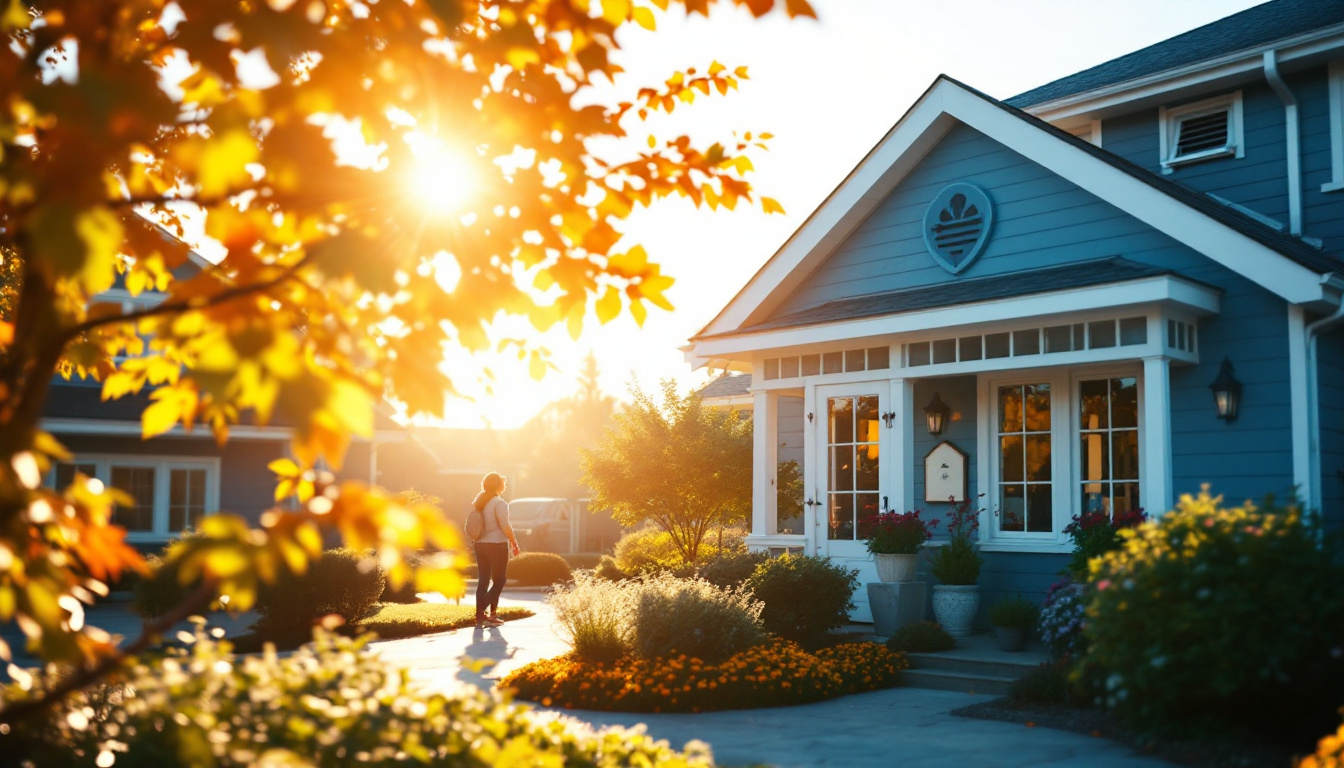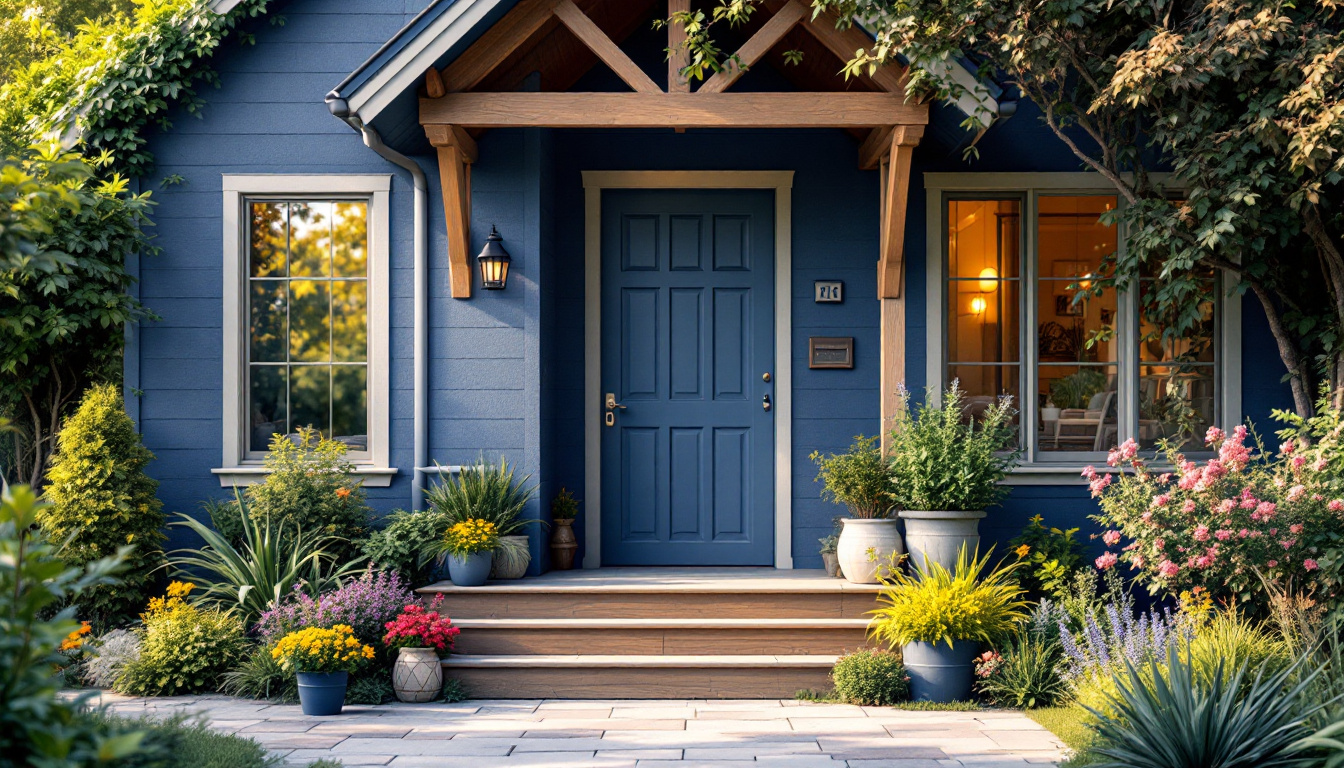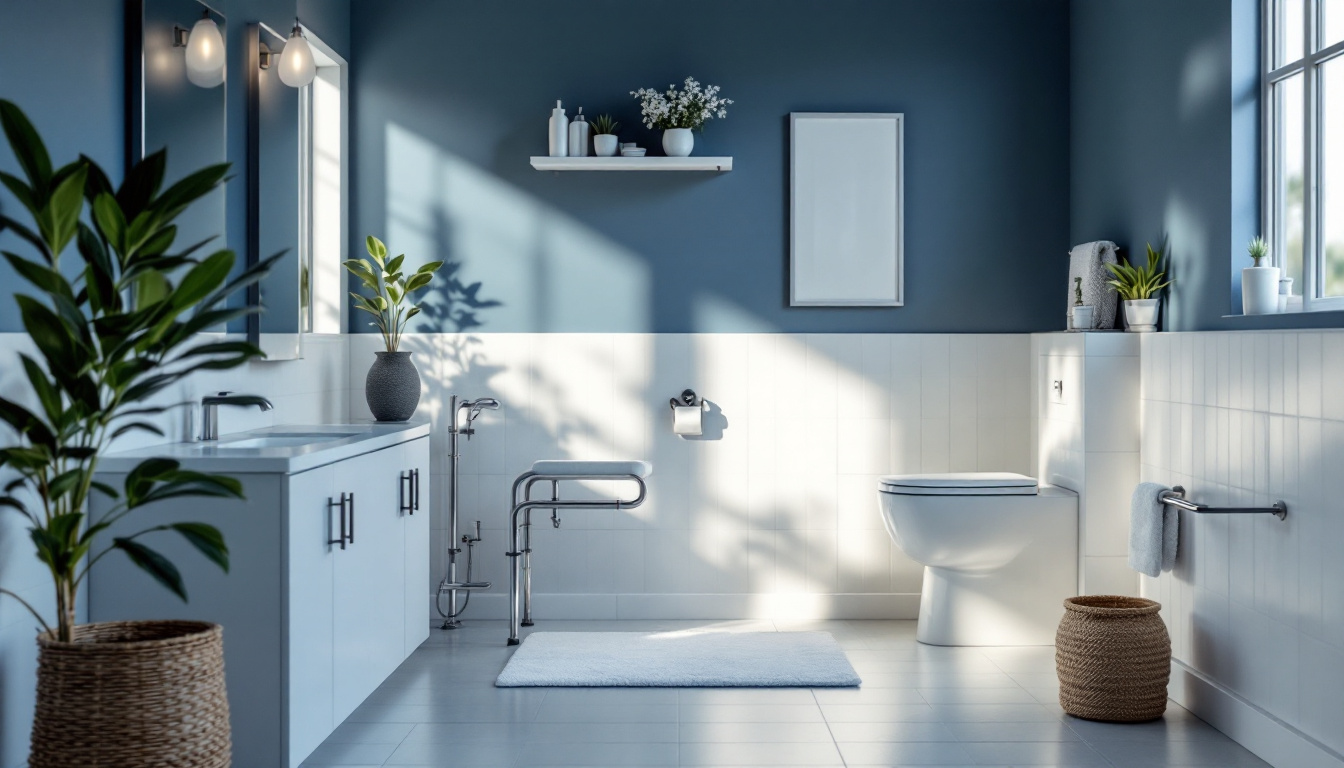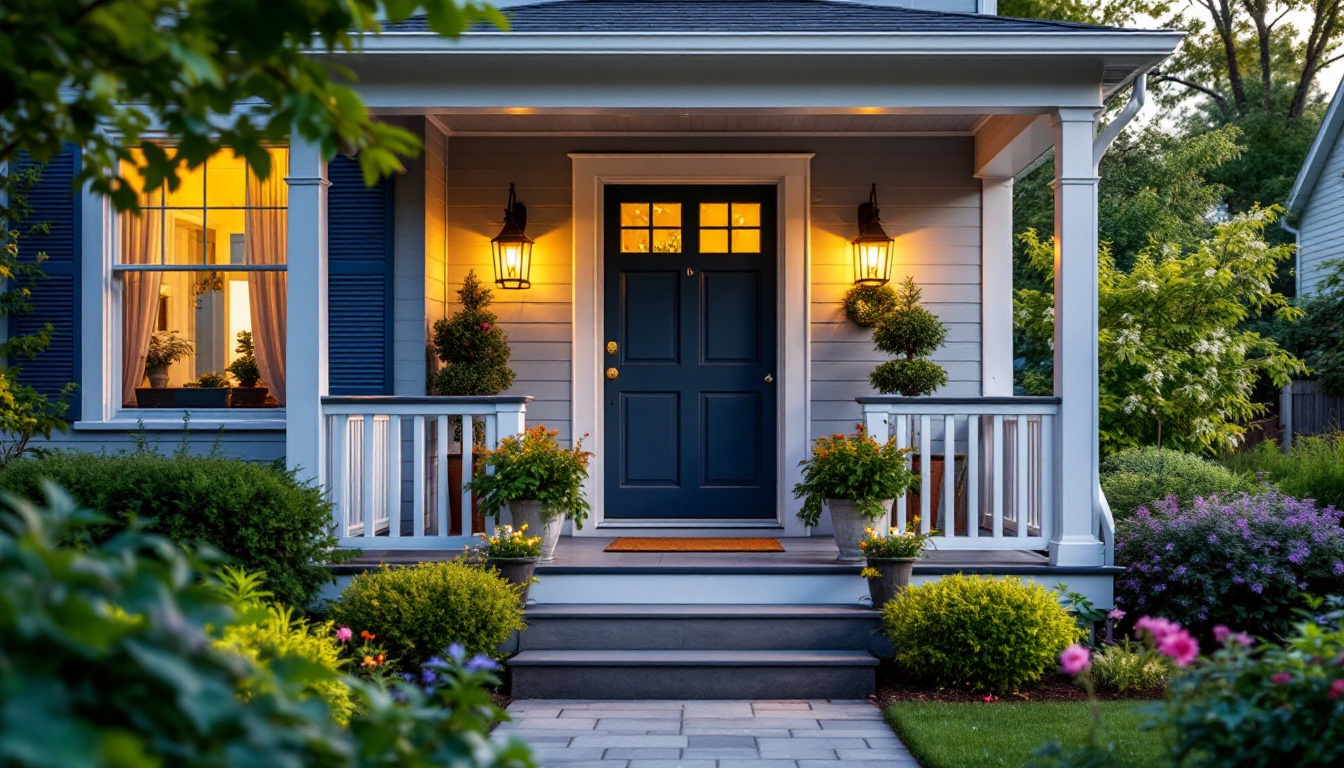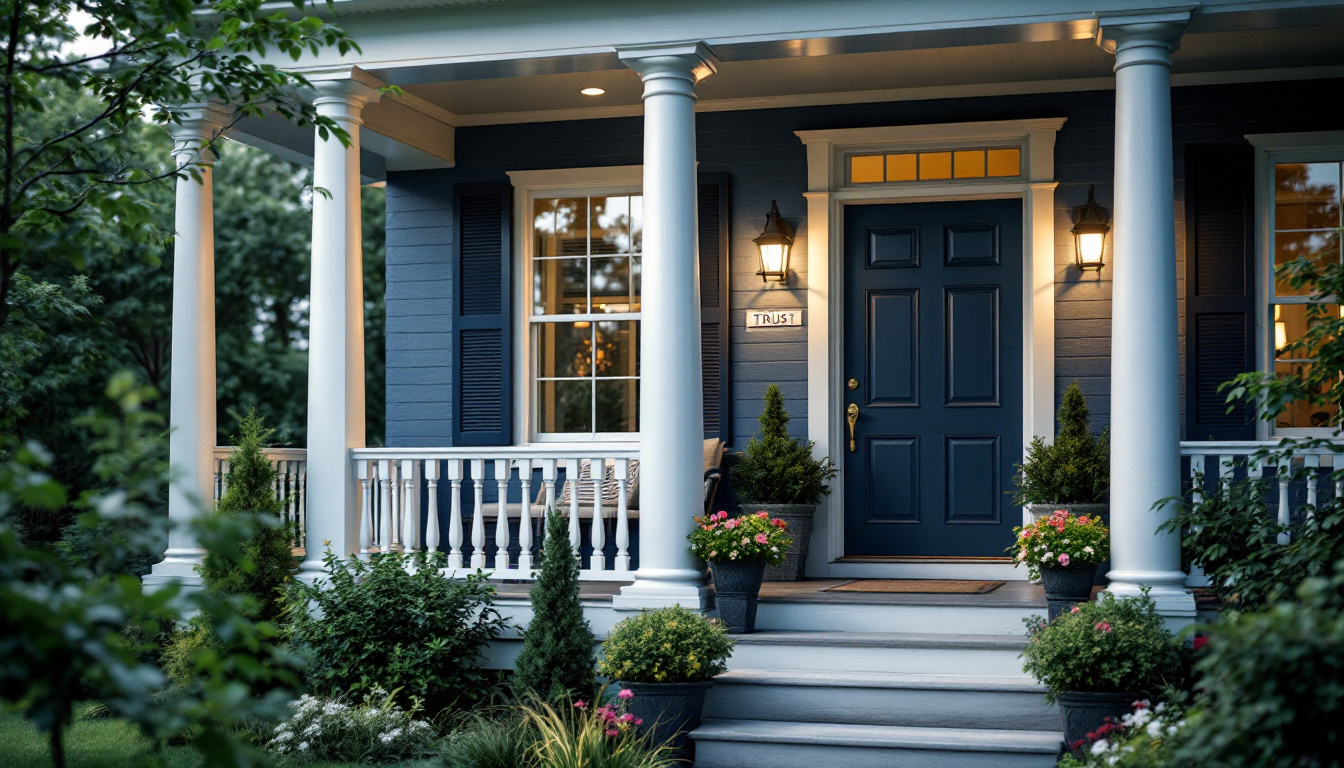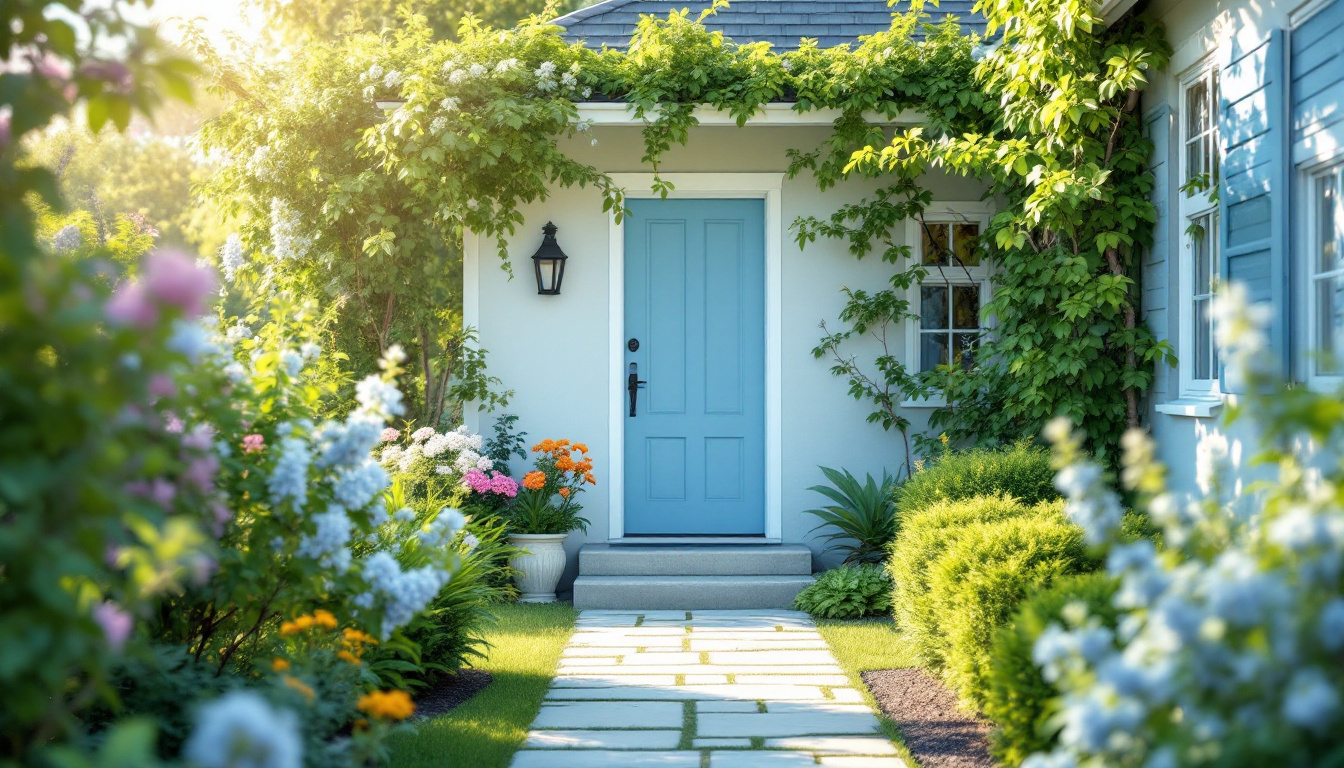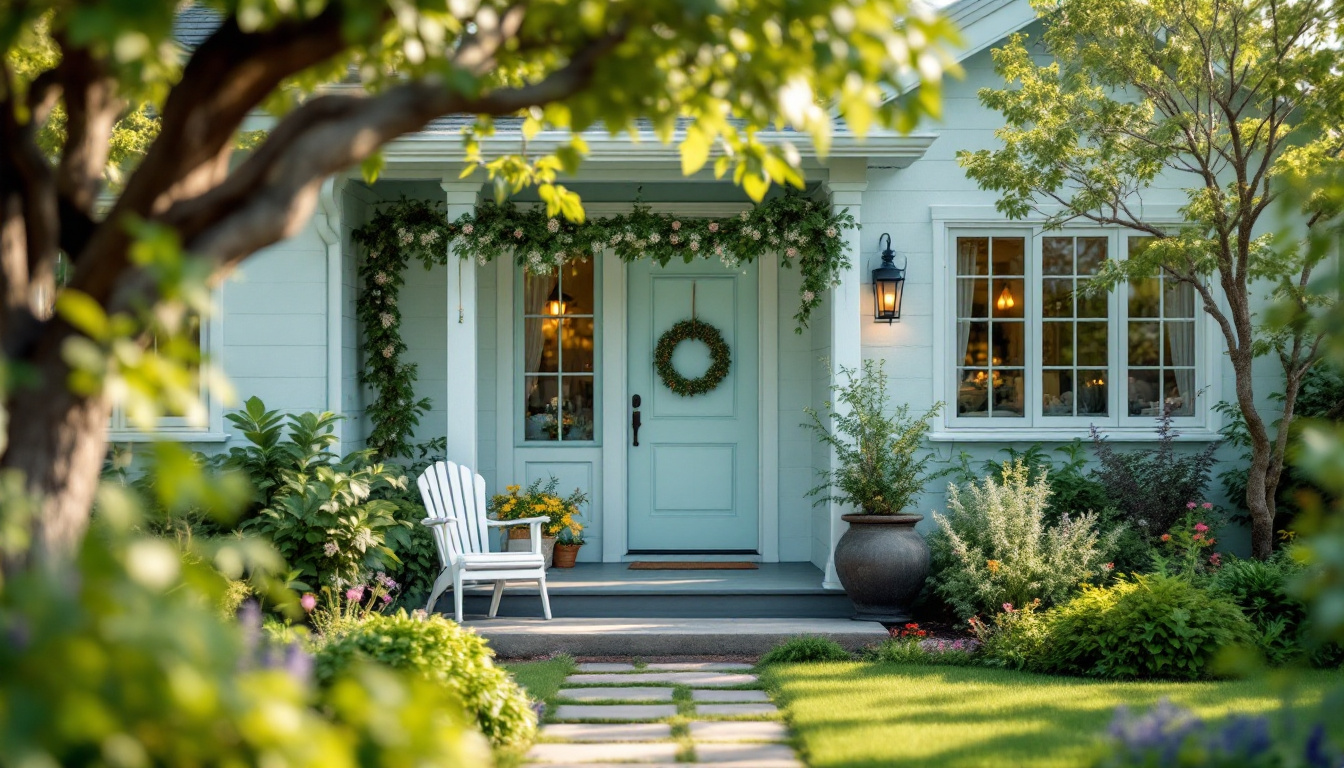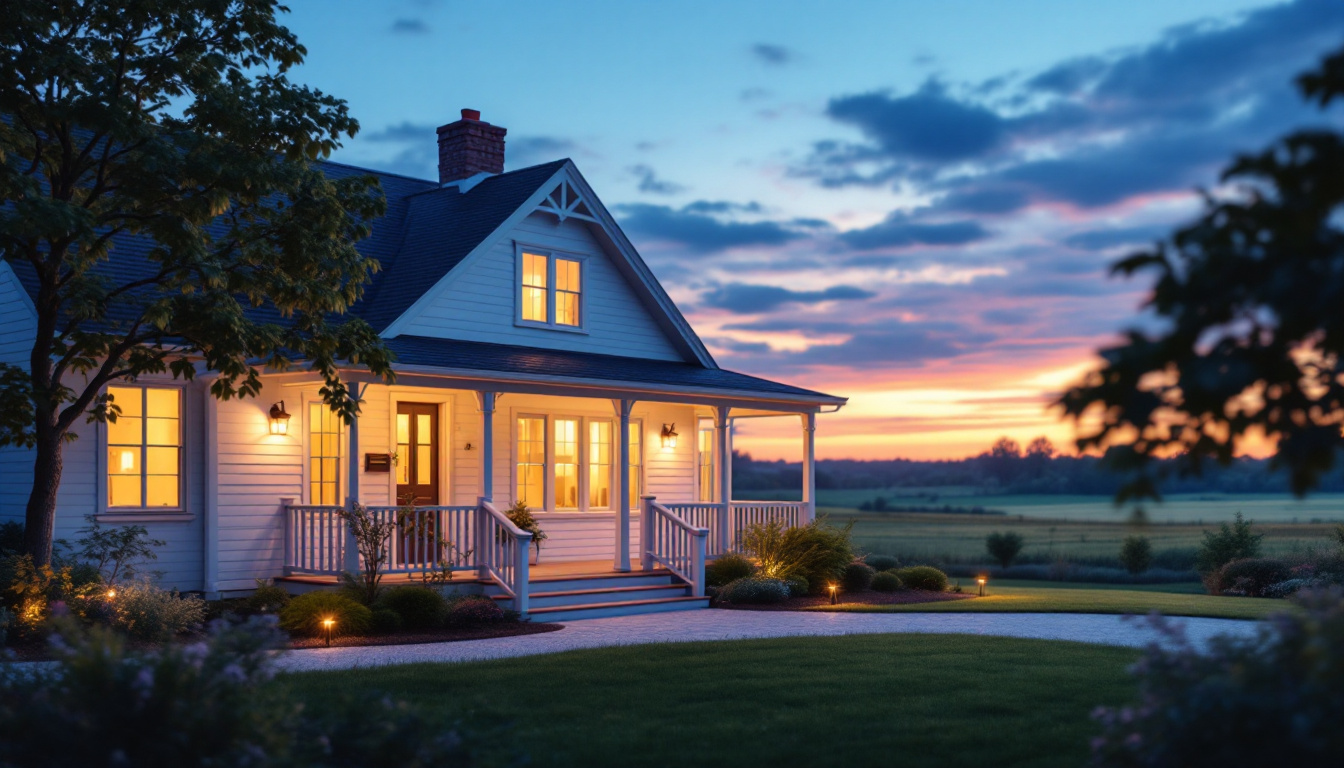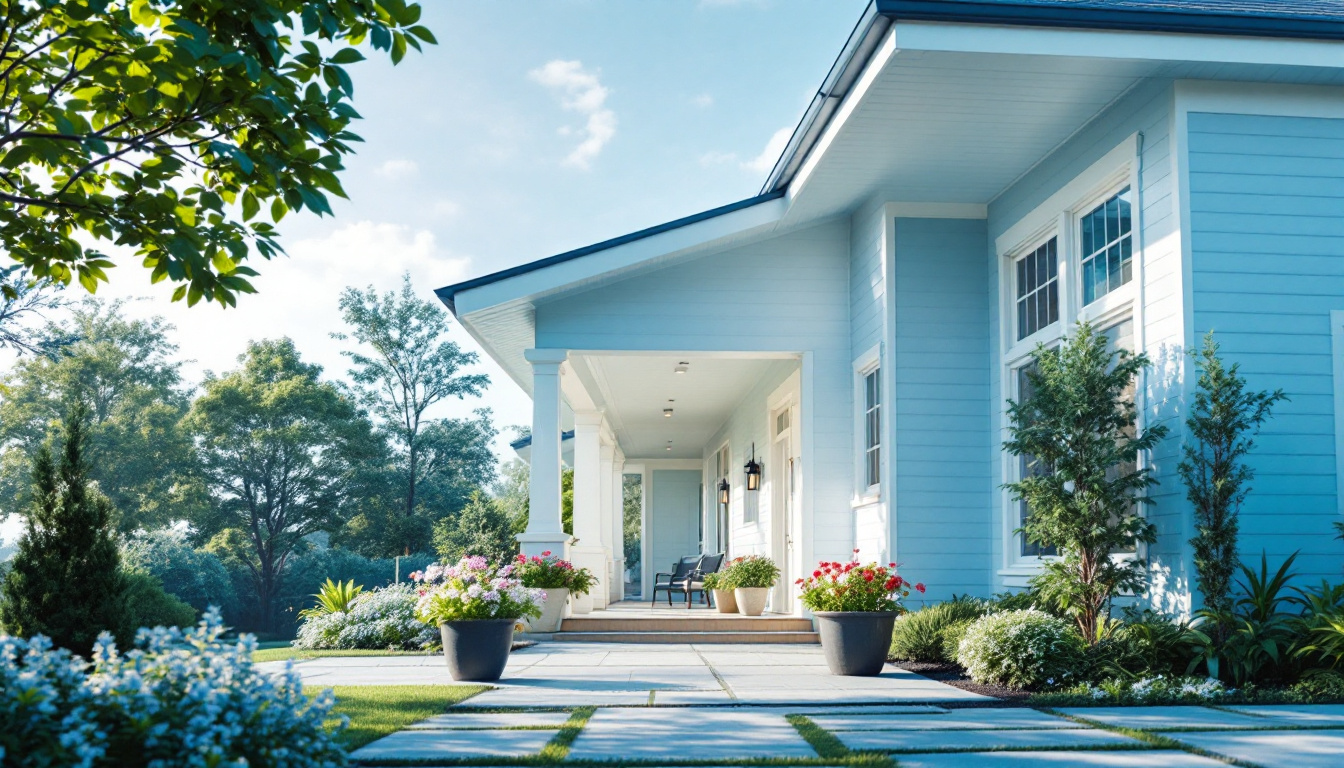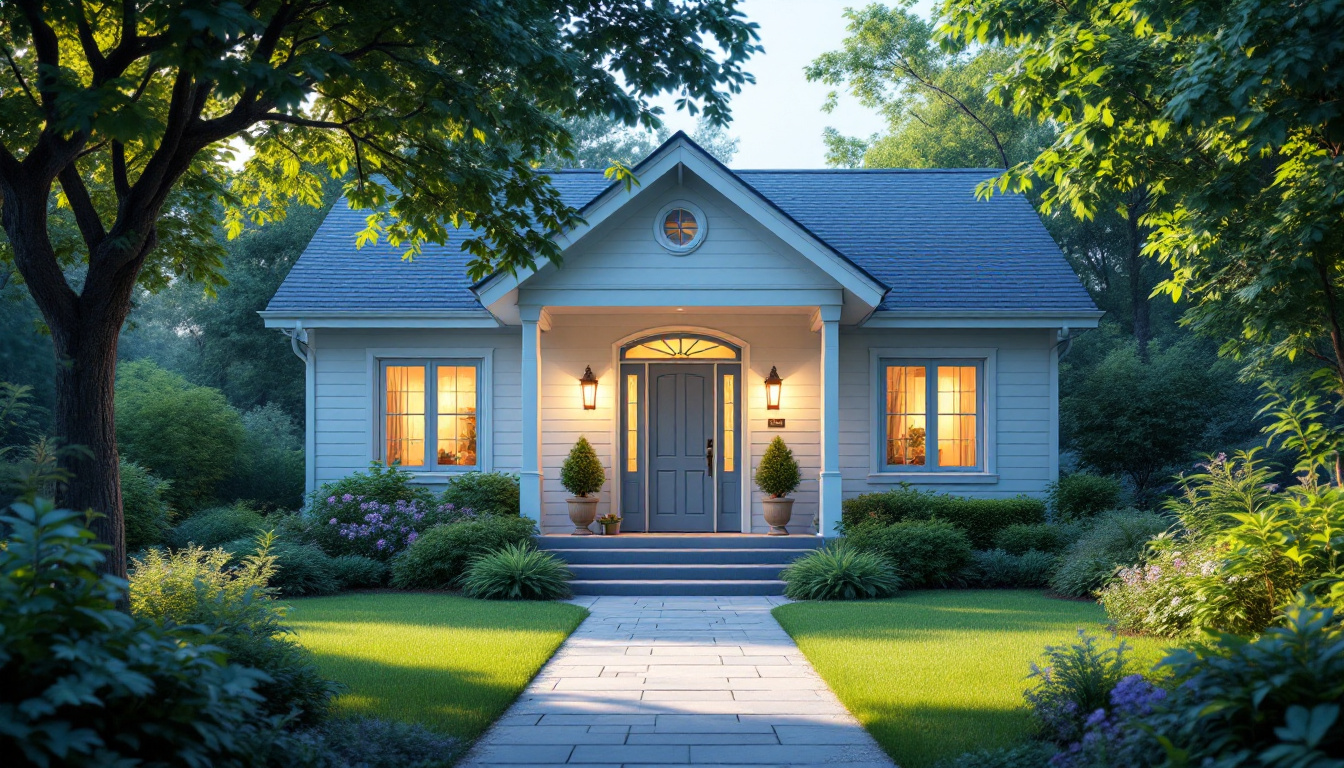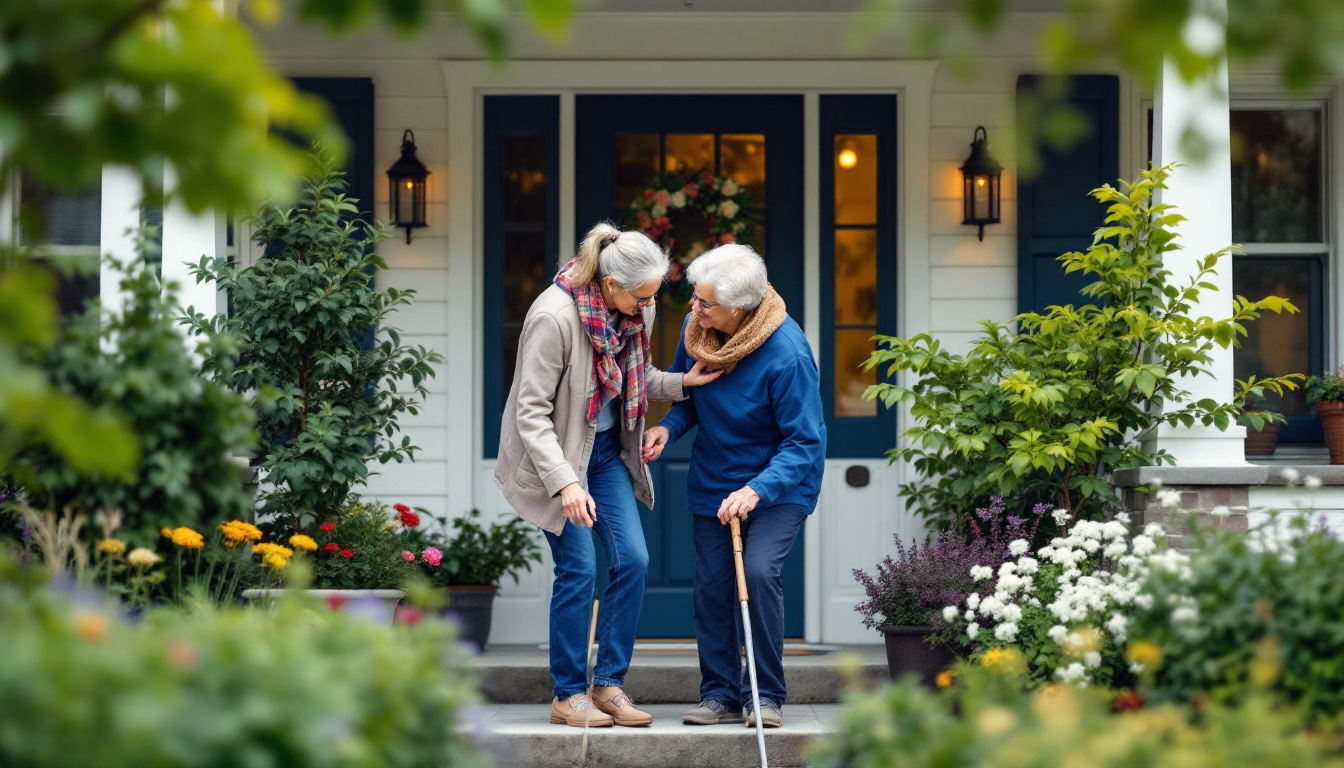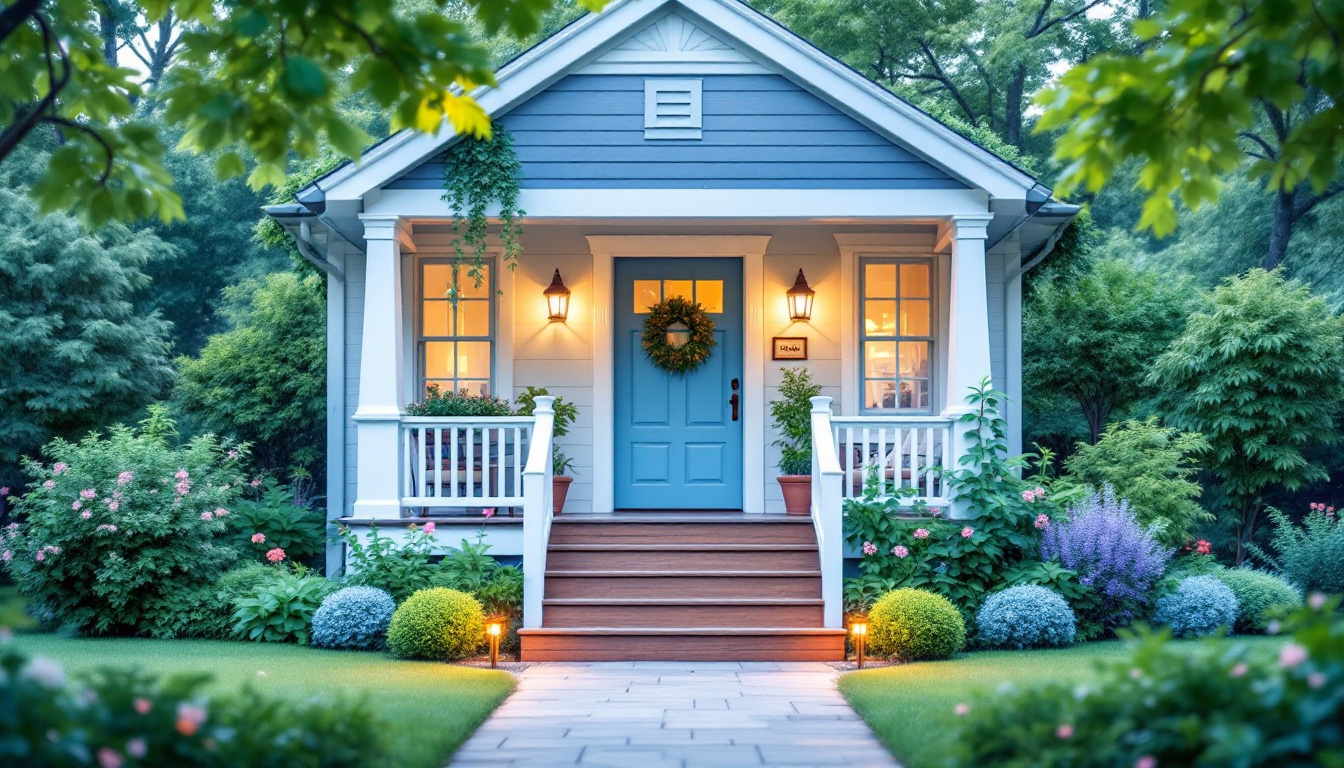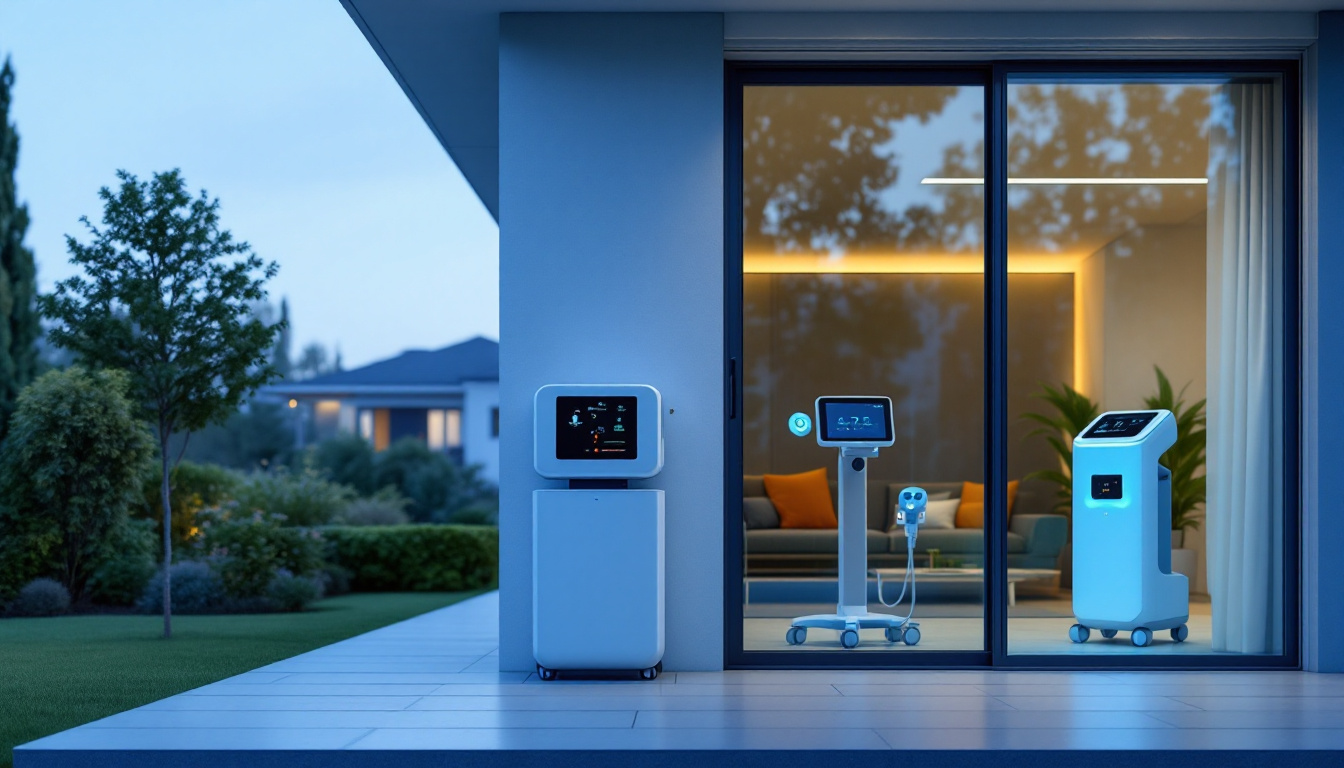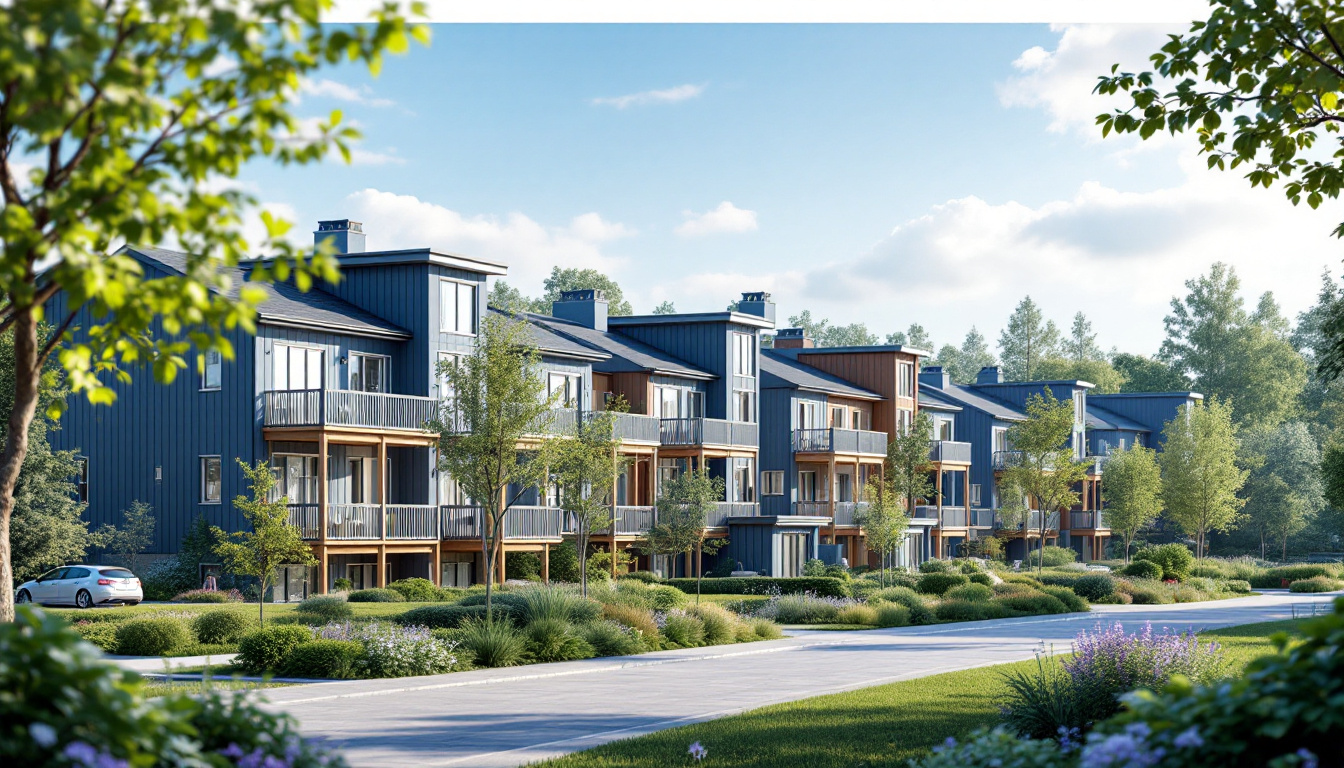Types of Personal Care for Seniors
Exploring Comprehensive Care Options for Elderly Wellness

Introduction: Navigating the Maze of Senior Care Options
Choosing the right personal care for seniors is a pivotal decision impacting their daily lives, independence, and well-being. As populations age, understanding the myriad of options available is crucial to tailoring care to individual needs. From independent and assisted living communities to home care and skilled nursing facilities, each environment offers distinct benefits. This article offers a comprehensive exploration of the various types of personal care available for seniors, aimed at helping you make informed decisions about the best paths for your loved ones' long-term vitality.
Independent Living and Assisted Living: The Middle Path of Care
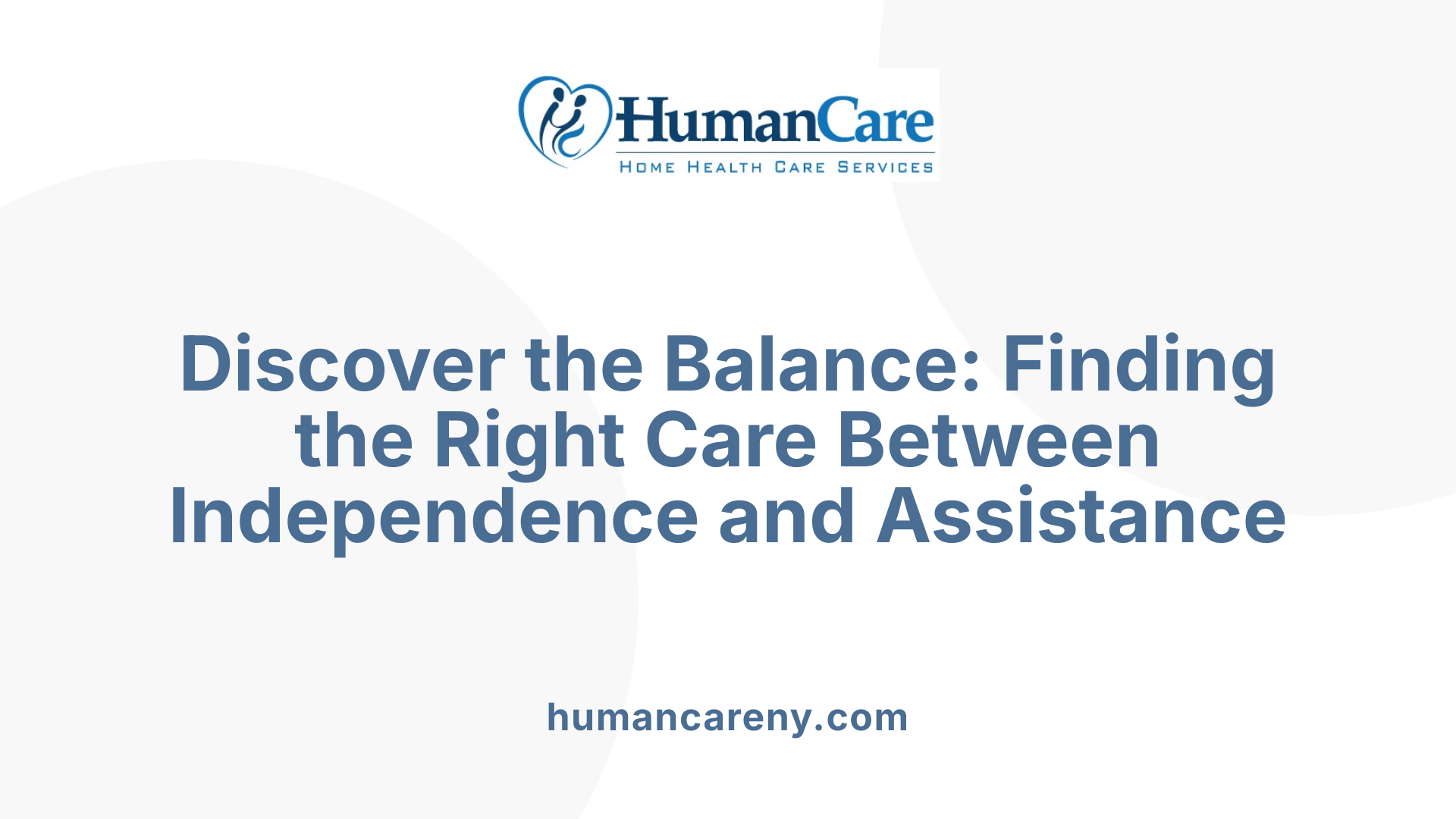
What Type of Care Does an Elderly Person Need?
Elderly individuals often require various types of care to maintain their health, dignity, and quality of life. Personal care is essential, encompassing daily tasks such as bathing, grooming, dressing, and toileting, which help prevent infections and promote well-being.
Additionally, live-in care services provide round-the-clock support, allowing seniors to remain in familiar surroundings while receiving personalized assistance with medication management and meal planning. Many elderly individuals prefer home care to avoid the stress of moving to a residential facility, and arrangements can be tailored to meet individual needs, including those with cognitive impairments or chronic conditions.
Independent Living Communities
Independent Living Communities are ideal for seniors who are healthy and active, and who desire a lifestyle that emphasizes freedom and autonomy. These communities typically offer a variety of social activities, maintenance services for residents, and amenities to foster social interaction. However, they do not provide full-time medical assistance, making them suitable for seniors with minor medical needs.
Assisted Living Facilities
Assisted Living Facilities cater to seniors who require more hands-on support with activities of daily living (ADLs) but wish to maintain their independence. Services often include meal preparation, medication management, and assistance with personal care tasks like bathing and dressing. These facilities encourage social engagement through shared meals and activities, creating an environment that supports both independence and companionship.
Continuing Care Retirement Communities
Continuing Care Retirement Communities (CCRCs) offer a comprehensive solution for aging seniors by providing a continuum of care options all within the same community. This means that as residents’ needs change over time—from independent living to assisted living or even skilled nursing care—they can remain in a familiar environment, significantly reducing the stress of relocating as health requirements evolve.
In summary, making informed choices about care types, such as the blend of independence and support found in Independent Living and Assisted Living Facilities, plays a crucial role in enhancing the quality of life for seniors.
Comprehensive Care in Nursing and Memory Facilities
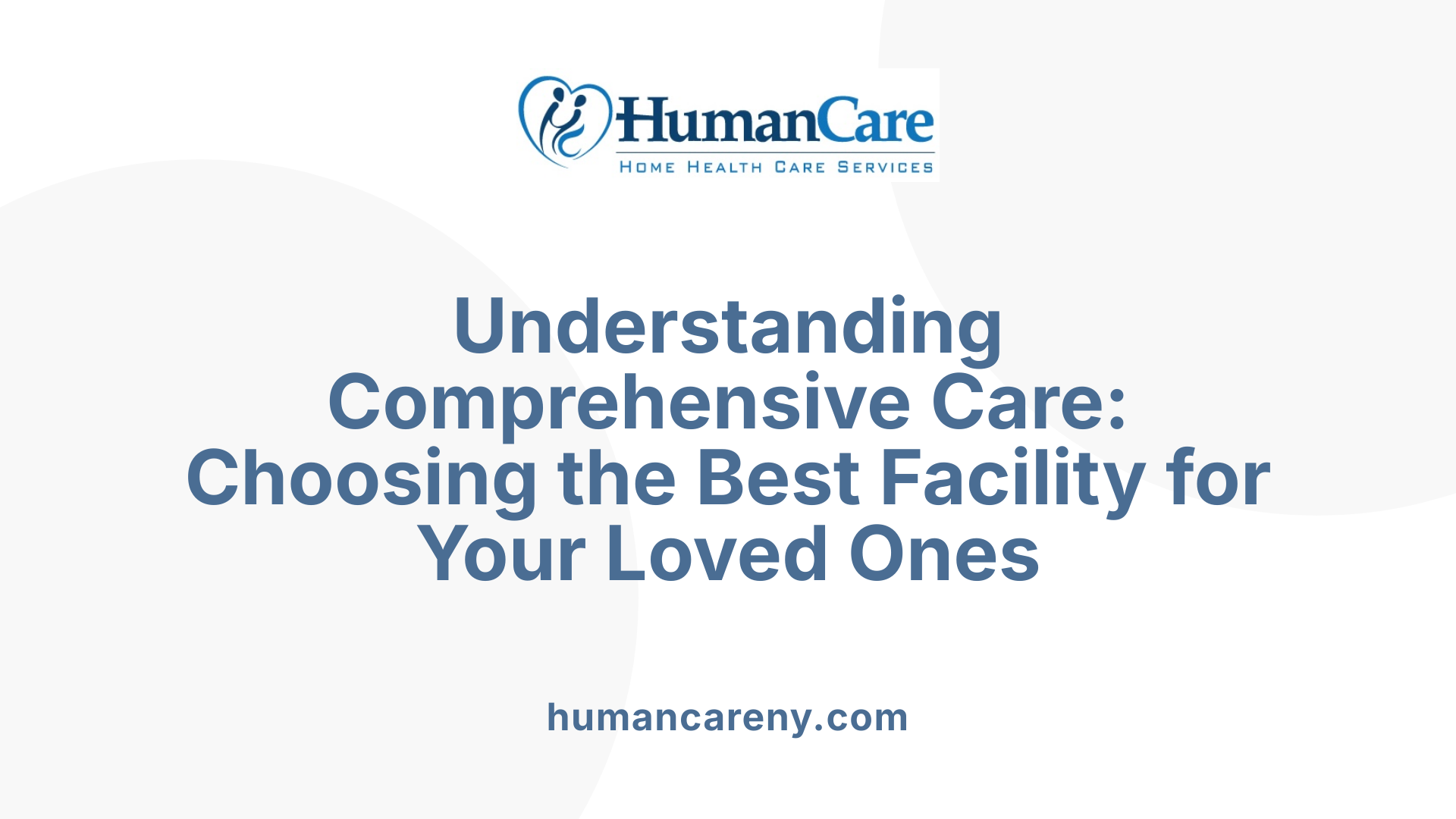
Nursing Homes and Their Offerings
Nursing homes provide comprehensive medical care for seniors, offering 24-hour assistance for those with significant health issues. These facilities are equipped with trained nursing staff who manage a range of medical needs, from rehabilitation to long-term care. Residents benefit from structured activities, social engagement, and the opportunity to maintain their dignity in a supportive environment.
Specialized Memory Care Facilities
Memory care facilities focus specifically on assisting individuals with cognitive impairments, including Alzheimer’s and dementia. These facilities provide a secure environment where seniors can engage in structured activities tailored to their cognitive capabilities. Staff are trained in specialized care techniques that meet the unique needs of residents, emphasizing safety and support in daily tasks.
Skilled Nursing Facilities
Skilled nursing facilities blend custodial care with medical treatment, making them suitable for seniors needing extensive rehabilitation or chronic condition management. Services here might include wound care and physical therapy under constant supervision. Such facilities emphasize a holistic approach, ensuring that residents’ physical, emotional, and social needs are met consistently.
Facility TypeFeaturesIdeal ForNursing Homes24-hour care, rehabilitation servicesSeniors needing significant medical assistanceMemory Care FacilitiesSecure environments, structured activities, trained staffSeniors with cognitive impairments needing specialized careSkilled Nursing FacilitiesMedical treatment, personal careSeniors recovering from surgery or managing complex health issues
What are some examples of personal care services for elderly individuals?
Personal care services for elderly individuals encompass a variety of supportive tasks designed to assist with daily living activities. Examples include bathing, dressing, and meal preparation, which help maintain personal hygiene and nutrition. Additionally, transportation services enable seniors to attend medical appointments or social events, while light housework and money management support a more independent lifestyle. Medicaid Personal Care Services (PCS) provide these essential supports to elderly individuals and those with disabilities. However, there have been concerns regarding compliance and quality assurance in the management of these services, prompting oversight reviews to ensure proper care and funding.
Home Care Options: Aging in Place with Confidence

Home Care
Home care allows seniors to retain their independence while receiving tailored assistance in the comfort of their own homes. These services can encompass a wide range of support options, from personal care such as bathing and dressing to companionship and light housekeeping. By addressing individual needs, home care fosters a familiar and comfortable environment that enhances the overall quality of life for seniors.
Home Health Care
Home health care expands upon basic home care by including skilled medical services provided by licensed professionals. This can involve medication management, physical therapy, and nursing care for chronic health conditions. Home health care services are adaptable, typically offered in shifts from a few hours a day to full-time support, ensuring seniors receive the level of care they need while allowing them to remain active participants in their communities.
Non-Medical Home Care
Non-medical home care focuses on assisting seniors with daily living activities without medical interventions. This includes help with meal preparation, grocery shopping, and companionship to prevent isolation. Such services help seniors maintain their dignity and promote social interaction, which is crucial for emotional well-being.
Care TypeServices ProvidedBenefitsHome CarePersonal care, companionship, housekeepingRetains independence at homeHome Health CareSkilled nursing care, rehabilitation, medication managementAddresses complex health needsNon-Medical Home CareMeal preparation, errands, light housekeepingSupports daily activities and combats loneliness
What is the most requested support service for the elderly?
The most requested support services for the elderly include personal care, medication management, and nutrition assistance. These services help seniors with daily activities such as bathing, grooming, and meal preparation, which are crucial for their independence and well-being. Transportation and mobility services are also highly sought after, as they aid seniors in attending appointments and navigating their living spaces safely. Additionally, social engagement services are important to combat loneliness and provide mental health support. Financial management and safety services further enhance seniors' quality of life by ensuring their financial security and home safety.
In-Home Support and Health Services
What options are available for elderly care at home?
There are several options available for elderly care at home, catering to different needs and preferences. Home health care services provide essential medical assistance, including medication management, wound care, and physical therapy. These services ensure that seniors can receive the necessary health support while remaining in the familiarity of their own homes.
Personal care services are essential for daily living activities. They assist with bathing, dressing, grooming, eating, and meal preparation. This support helps seniors maintain their hygiene and well-being, significantly improving their quality of life.
For those who may feel isolated, companionship services can be invaluable. These services can involve regular visits or calls from volunteers or paid companions, helping to alleviate loneliness while providing social engagement.
Nutritional needs are critical as well. Seniors can benefit from meal delivery programs that provide pre-cooked, healthy meals tailored to their dietary restrictions. Community meal services enhance independent living by ensuring seniors have access to nutritious food without the hassle of cooking themselves.
Moreover, transportation services play a crucial role in helping seniors access essential outings such as medical appointments, social activities, and errands. With various state and local agencies providing support, seniors can maintain their independence and stay connected to their communities.
Lastly, home modifications, such as installing grab bars or ramps, can enhance safety and mobility, allowing seniors to live more comfortably in their homes while minimizing the risk of falls.
Support Services for Seniors on a Budget

What are the options for elderly care with limited or no money?
Elderly care options for individuals with limited or no financial resources can include various programs that cater to low-income seniors. One primary option is Medicaid, which provides coverage for long-term nursing home care and can assist with some assisted living costs for eligible seniors. To qualify, seniors typically need to meet income and asset restrictions established by their state.
Another significant resource is veterans benefits. Seniors who have served in the military, or are spouses of veterans, may qualify for financial assistance that can help cover long-term care costs.
For those looking for alternatives to expensive nursing homes, adult day care programs and in-home care can serve as more affordable options. These services often come at a lower cost than traditional facilities and can effectively meet the needs of seniors requiring assistance.
Additionally, community-based services may be available through local nonprofits or government programs, often at little to no cost. Many areas offer free or low-cost programs aimed at providing support for seniors.
Seniors can also explore creative financial strategies such as Medicaid spend-down techniques or leveraging life insurance to manage their care expenses effectively.
Essential Free Services to Elevate Senior Living

What free services are available for senior citizens?
Seniors can access a range of valuable free services designed to enhance their quality of life. Local Area Agencies on Aging serve as a pivotal resource, guiding seniors in navigating these services effectively.
Programs like Meals on Wheels provide nutritious, hot meals delivered to seniors' homes, ensuring they receive essential nutrition without the burden of cooking. These meal programs typically cater to dietary restrictions, guaranteeing that seniors maintain a healthy diet.
Local organizations often offer free transportation services. These services assist seniors in attending medical appointments, running errands, or participating in social activities, addressing the challenges many face due to limited mobility or the inability to drive.
Organizations such as Donated Dental Services and Lions Clubs International provide free dental care and eye exams, ensuring seniors have access to necessary health services. Additionally, legal aid programs offer consultations to help seniors with various needs, while AARP’s Tax-Aide program assists with free tax preparation, easing financial responsibilities.
These essential services can significantly improve the lives of seniors, enabling them to remain independent and connected to their communities without financial strain.
Navigating Senior Care: Making Informed Decisions
Long-term Care Planning
When embarking on long-term care planning for an elderly loved one, it's crucial to consider a range of options based on their specific needs. This includes evaluating independent living communities and assisted living facilities, which cater to varying levels of physical and medical needs. You should also contemplate nursing homes if extensive care is necessary, or home care services for those wishing to stay in their own residence. Additionally, resources like geriatric care managers can help coordinate effective care strategies.
Medicare Coverage
Understanding what Medicare covers is paramount in senior care planning. While Medicare provides coverage for certain home health services, including skilled nursing care and therapies, it does not cover long-term custodial care found in assisted living or nursing facilities. Knowing the details can aid families in making informed financial decisions, thus enhancing care while minimizing unexpected costs.
Holistic Care Decisions
Holistic care goes beyond basic medical needs, incorporating emotional, social, and nutritional support. Effectively caring for seniors at home includes maintaining proper nutrition through meal delivery services, exploring companionship options, and securing emergency medical alert systems for added safety. It’s vital to keep the lines of communication open among family members and professionals to adapt the care plan as needs change.
How can one care for an elderly person at home?
Caring for an elderly person at home involves creating a supportive and safe environment that addresses their physical, emotional, and social needs. It's essential to establish regular communication and conduct physical checks to monitor their well-being while involving the whole family in care planning to prevent caregiver burnout. Ensuring proper nutrition, implementing home safety modifications, and exploring transportation options are crucial for maintaining their independence and safety. Caregivers should prioritize their own self-care and access community resources for additional support. Lastly, regular reassessment of care needs and adapting the care plan with healthcare professionals ensures that the evolving needs of the elderly person are met effectively.
Conclusion: Charting the Path to Quality Senior Living
Understanding the different types of personal care available for seniors is essential to ensuring they receive the appropriate level of support tailored to their current and future needs. Whether opting for independent living, in-home care, or comprehensive support in nursing facilities, personal preferences, financial resources, and individual health requirements are key considerations. As caregivers and family members, being informed about each option enables the crafting of a care plan that promotes dignity, respect, and quality of life for seniors.

